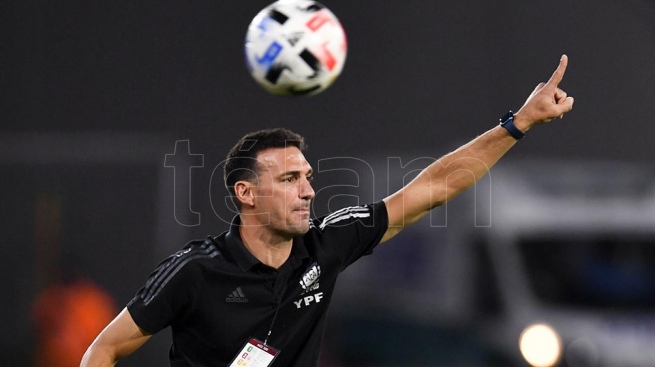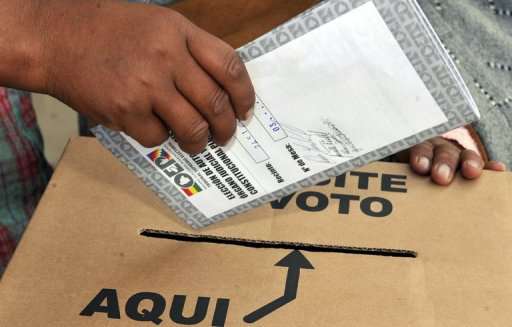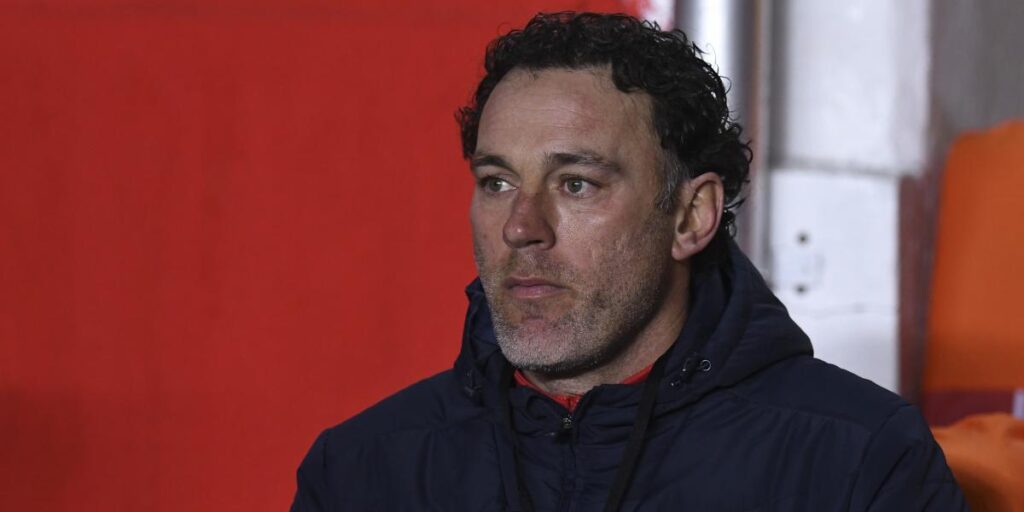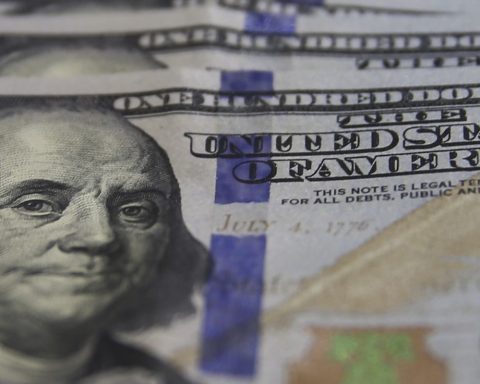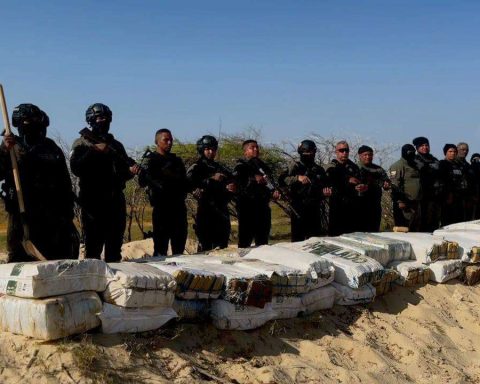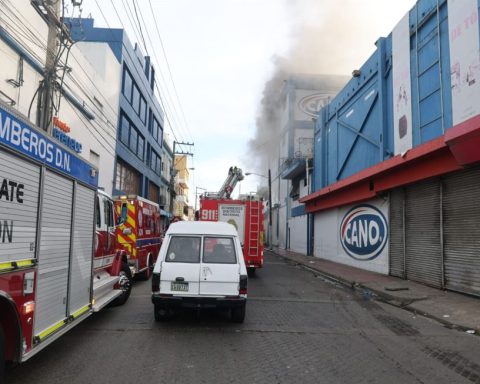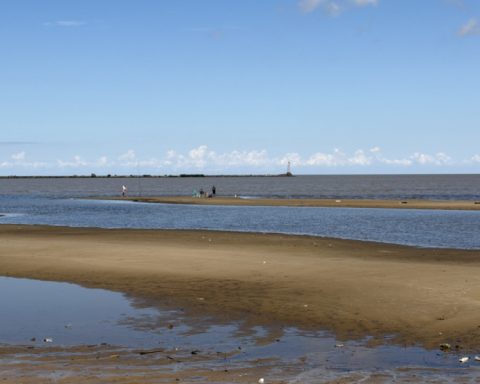The Argentine team will try in Qatar 2022 break the curse that has haunted him since the 1962 World Cup in Chile, passing through Spain 1982 and continuing with Korea-Japan 2002, when he arrived at each of them with the “chain” of candidate and ended up leaving prematurely in group stages.
In Chile with “Toto” Juan Carlos Lorenzo as coach and in the first World Cup on Asian soil with Marcelo Bielsathe national representative was eliminated in the first round, while in Spain, with César Luis Menottiwas left out in the second group stage, according to the format of the World Cups at the time.
The albiceleste team arrived at the World Cups in Chile and Korea-Japan after qualifying first in the South American Qualifiers, while it did so in Spain no less than as world champion in Argentina 1978.
In 1962, Argentina was about to be the organizer of that World Cup, which had to return to America after two successive editions in Europe (Switzerland 1954 and Sweden 1958), but ended up losing in a heads-up with Chile during a vote carried out in a FIFA congress by 32 to 10, being vital two phrases raised as the auction of the exhibitions of the representatives of both countries.
The then president of AFA, Raul Colombo, stated: “We can hold the World Cup tomorrow. We have everything.” While Charles Dittbornhead of the Chilean Federation and simultaneously also of the South American Football Confederation (CSF), said: “Because we have nothing, we will do everything.”

This last statement, plus other recitals and a lengthy presentation made in three languages: English, French and Spanish, was more convincing for the congressmen gathered in the Finnish city of Helsinki than in Colombo, and Chile became the second South American country to host the then called Jules Rimet Cup, after Uruguay in the first edition of 1930.
Argentina, due to its performance in the eliminatory phase and its quasi locality, appeared as a candidate among 16 participants to fight for the title. It was endorsed by soccer figures of the moment such as the Boquenses Antonio Roma, Ubaldo Rattin and Silvio Marzolini; the racinguistas Federico Sacchi, Ruben Sosa and Raul Belenthe riverplatenses Martin Pando and Jose Ramos Delgado or the saint lorencists Jose Francisco Sanfilippo and Hector Facundeither.
However, the performance was so disappointing that in the face of failure, Rattín himself, who for various reasons was a figure in the following World Cup in England in 1966, very upset stated that this team had been “the worst team” he had integrated. The champion was Brazil, Argentina was third out of four members of Group D below Hungary (they tied goalless) and England (lost 3-1) and just above Bulgaria (they beat them 1-0). Elimination and bye candidacy.
The Spain thing had an even stronger start, because Argentina not only arrived as world champion, but was also reinforced by nothing less than Diego Maradona and Ramon Diazsince Menotti had managed to keep the base of 1978 (with Mario Kempes and Daniel Passarella as banners).
Argentina fell into Group C, the same one that will contain it now in Qatar, debuting with a defeat against a Belgium exaggeratedly highlighted by Menotti and ended up qualifying second to the next group stage behind her and above Hungary and El Salvador, beating both of them.
But in the next round, within a triangular zone with Italy (future champion) and Brazil, he ended up losing to both and his aspiration to reach the semifinals was cut short, as was the cycle of “Flaco” Menotti at the head of the national representative. The Carlos Bilardo era was coming.
And in South Korea-Japan 2002, everything pointed to the recovery of the ecumenical title after a devastating South American tie that ended up qualifying the Argentine team three dates before its final and good performances against leading European teams in preparatory friendlies.
The draw gave Argentina Group F, where they debuted with a 1-0 win over Nigeria, and then lost by the same scoreline to England and tied 1-1 with Sweden, which ended up condemning them to third place behind both European teams. and plunging it into a frustration that, due to its unexpectedness, ended up shaking the foundations of Argentine football hard, although the president of AFA, Julio Grondona, decided to renew Bielsa’s contract and with that he mitigated some collateral damage.
The fatigue caused by a previous World Cup with excessive physical demands on players who came from an intense and exhausting European season such as Juan Sebastián Verón, Claudio Caniggia, Gabriel Batistuta, Diego Simeone or Hernán Crespo, was the argument put forward to justify such a setback.
That was the last sensation of great frustration suffered in a World Cup played in a year ending in 2. In the first of those named there were 16 participants, in the second 24 and in East Asia there were 32, the same amount that there will be now in Qatar , another country on the same continent that will host a World Cup for the second time.
Argentina arrives as one of the favorites after winning the Copa América last year and the Euroamericana against the European champion, Italy, with captain Lionel Messi as the flag and coach Lionel Scaloni as the sober and wise driver that no one imagined could be two years ago.
Those attributes of the coach endorsed by his managers when it comes to turning off the lights of any a priori triumphalist speech, make the renewed hopes of fighting for another World Cup title travel along paths of solid foundations, in pursuit of leaving behind and breaking with that abstract and elusive curse of the World Cup years ending in number 2, like this one that takes place today.
